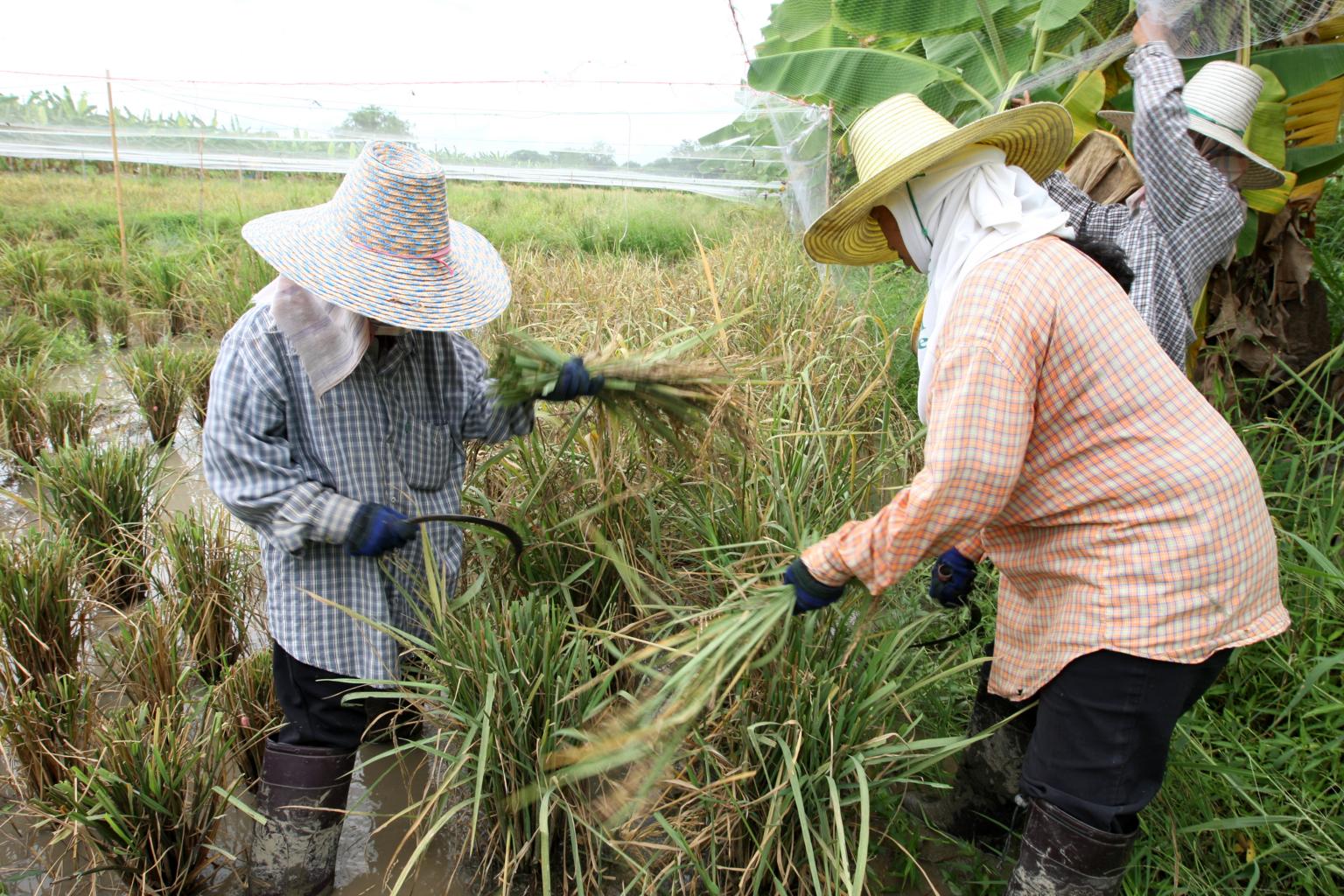The Asian Voice
Keeping food supply chains open will help us survive this crisis: Nation contributor
In the article, the writer says that Asean's food-value chain contributes around US$500 billion ($714 billion) of economic output and 113 million jobs
Sign up now: Get insights on Asia's fast-moving developments

Closing off food supply chains within Asean will have extensive economic impacts as the food-value chain is a major driver of gross domestic product and employment.
PHOTO: ST FILE
BANGKOK (THE NATION/ASIA NEWS NETWORK) - The Covid-19 pandemic is having catastrophic and far-reaching effects on economies, jobs, health and lifestyles, while countries are being forced to urgently step up by taking extraordinary measures to tackle the crisis.
Over the past few weeks, we have seen governments implementing additional precautionary measures - from travel bans and nationwide lockdowns to intensified border control and regulations - in a bid to contain the spread of Covid-19.
While deemed necessary for the nation's health and safety, some of these measures can have a potentially damaging impact on a country's food security.
It is therefore critical that governments and the industry come together now to ensure that food supply chains remain open and that food production continues unhindered so consumers can have continued access to safe, healthy and nutritious food during this pandemic.
This is especially important for the Asean region, where the food-value chain is highly integrated and involves multiple stakeholders.
What we must do is ensure each country keeps its supply chain open.
Closures or disruptions of food supply chains in one country can have a devastating impact on other countries and we are already starting to see this play out following the decision made by some governments to suspend the export of staples and other commodities.
If countries across the region begin following suit and implementing such protectionist measures by effectively closing their supply chain, consumers will find it even more difficult to access healthy food and adequate nutrition, especially during this time of crisis.
Closing off food supply chains within Asean will also have extensive economic impacts because the region's food-value chain is a major driver of the member nations' gross domestic product (GDP) and employment.
Alone, it contributes around US$500 billion ($714 billion) of economic output - about 17 per cent of Asean's GDP - and 113 million jobs.
To prevent such issues, which bring added pressure to an already critical situation, governments need to consider the food and beverage industry as an essential infrastructure, and minimise disruptions to the region's food supply chain.
This means making sure that their countries' food supply chains can continue to operate at full capacity.
Where possible, and with the industry's cooperation to reinforce efforts to keep employees safe and healthy, there should be exemptions made to measures that restrict the movement of workers to and from food-manufacturing facilities so the production of food and beverage is not hampered.
In doing so, the industry and government bodies must also ensure an adequate supply of personal protective equipment (PPE) so workers are well-equipped and protected.
Governments also need to ensure that the measures they put in place do not delay or disrupt the flow of manufactured products, ingredients and raw materials including food packaging material.
For instance, blockages imposed on transport routes should not affect the flow of food and beverage items into a country.
Transport vehicles delivering essential food items should be granted entry and be exempted from restrictions across national, state and district borders.
The more vulnerable and food-insecure countries should also be supported by those that are more resilient and have more supplies, particularly in perishable and associated items.
This would mean reducing tariffs to facilitate the flow of food and commodities during this time of crisis.
At the same time, it is also important for governments to ensure that the retail sector can continue selling food and beverages uninterrupted so people have easy and convenient access to food.
At an industry level, we recognise that companies must also adapt to the challenges and continue providing access to essential food and beverages amid changing consumer needs during the crisis.
We are already seeing a number of food companies shift their production to focus on packaged and frozen foods to meet the surge in demand from consumers who require packaged food with longer shelf-life as they experience longer movement-control orders around the region.
It is still uncertain when the coronavirus pandemic will be fully contained, but it is critical that governments continue to keep their people assured that they will have access to essential food products.
Countries need to remain calm and come together in solidarity instead of resorting to protectionist measures that restrict the flow of food as these will only serve to sow division, lead to retaliatory action and instigate further panic.
Now, more than ever, is the time for us to take action collectively to keep food supply chains open and to protect the flow of food so consumers can remain healthy with access to necessary, safe and high-quality food during this global pandemic.
The writer is the Executive Director of Food Industry Asia (FIA). The Nation is a member of The Straits Times media partner Asia News Network, an alliance of 24 news media organisations.


